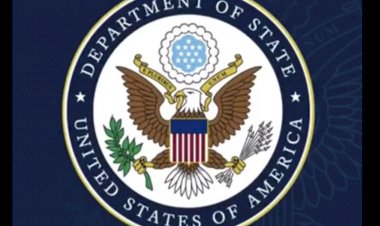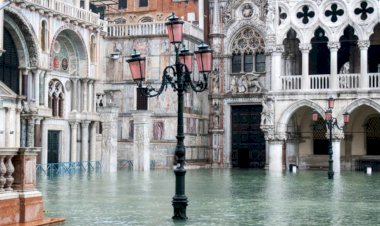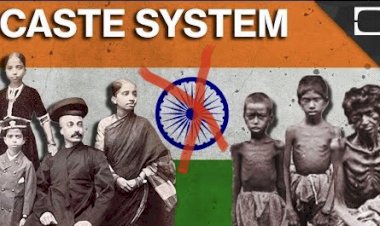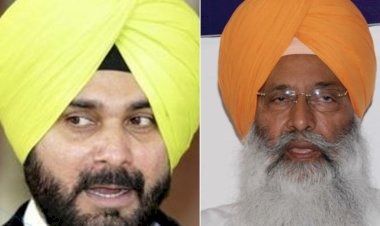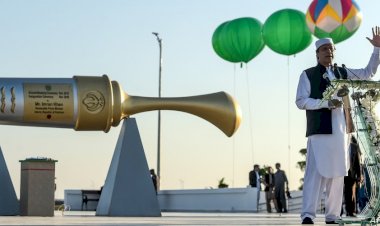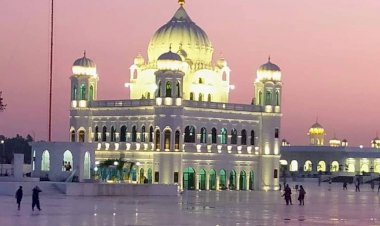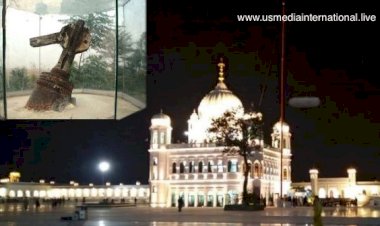India formally divides Jammu and Kashmir state
India has formally divided the state of Jammu and Kashmir into two new federally-administered territories.
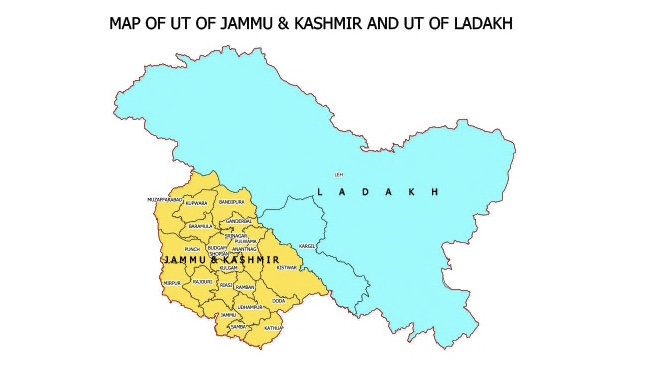
US Media International - USMI
In the new arrangement, Jammu and Kashmir is one territory, and Ladakh, which borders China, is separate. The two new union territories are now ruled directly from the capital Delhi. It's part of a controversial move announced in August to tighten the Indian government's control over the part of Kashmir it administers. R K Mathur and Girish Chandra Murmu were sworn in as lieutenant governors of Ladakh and Jammu and Kashmir respectively on Thursday. "Now the real participation of co-operative federalism will be seen. New highways, new railway lines, new schools, new hospitals will take the development of the people of Jammu and Kashmir to new heights," Prime Minister Narendra Modi said at a public rally in the western state of Gujarat. Union territories have far less autonomy from the federal government than states do. The former state has long been one of the world's most dangerous flashpoints and is a highly militarised area. India and Pakistan both claim Kashmir in full, but control only parts of it. How does this affect the people there? Almost 98% of the state's population will be in the union territory of Jammu and Kashmir, comprising two regions - the Muslim-majority Kashmir valley, which has about eight million people, and the Hindu-majority Jammu, which has about six million. Outrage over right-wing Euro-MPs' Kashmir visit India and Pakistan blame each other over Kashmir shelling The third region, the newly created union territory of Ladakh, is a high-altitude desert inhabited by 300,000 people, with almost equal numbers of Muslims and Buddhists. Workers from the previous state government will continue to retain their jobs in the new territories, the government said. What's the background? On 5 August, the government revoked Kashmir's special status, sparking protests in the Muslim-majority valley. Article 370, as the constitutional provision guaranteeing special status was known, allowed the region a certain amount of autonomy, including special privileges in property ownership, education and jobs. This provision had underpinned India's often fraught relationship with Kashmir. Before the Bharatiya Janata Party-led government announced its decision to scrap the special status, it put the region under lockdown - mobile phone networks, landlines and the internet were cut off; and regional political leaders were placed under house arrest.








